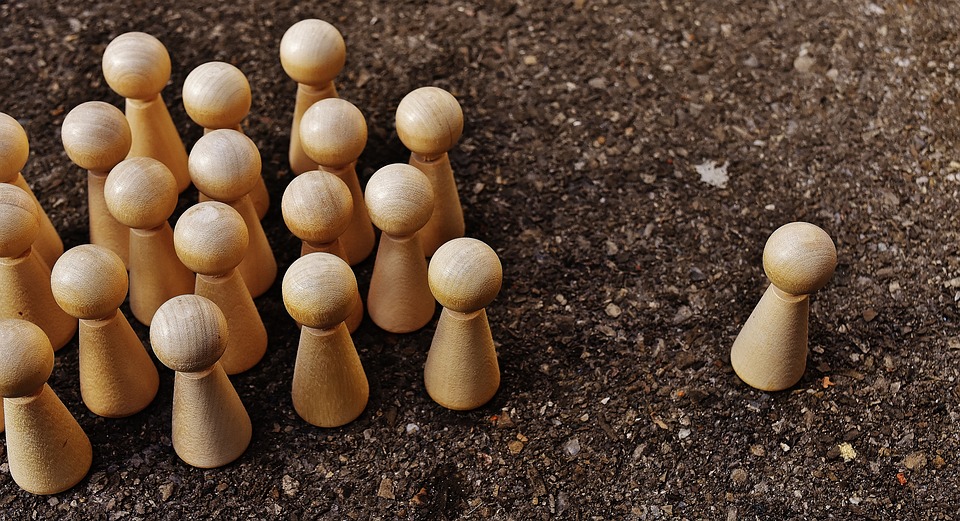What is bullying?
Bullying is something that is done on purpose by either one individual or a group of individuals to intentionally hurt and upset someone else. Bullying can happen repeatedly and can sometimes go on for a long time.
Bullying affects over 1 million young people every year and can be a very upsetting and distressing situation that can make you feel lots of negative emotions, such as feeling scared, unhappy or anxious.

Different types of bullying
Bullying can happen to anyone and can happen in lots of different ways.
Verbal bullying
- Calling someone names
- Saying unkind things
- Threatening someone
- Making up stories about them
Physical bullying
- Hitting
- Kicking
- Slapping
- Pushing
- Damaging or breaking things
Emotional bullying
- Being left out
- Being ignored
- Being humiliated
- Being talked about
Cyber bullying
Cyber bullying is any bullying that takes places using electronic communication methods, such as:
- By text
- Social media
- Photos
I was bullied in school, and this severely affected my mental health. I was segregated from others, had people spreading rumours about me that were untrue and felt that I had no friends to turn to at lunch and break times. This was isolating and I eventually ended up having to take days off school as my anxiety became so bad. People often forget that socially isolating someone is a form of bullying and that it can have a huge impact on someone’s life.
Personal experience
If you are being bullied, remember that you are not alone and there is always help and support when you need it.
I’m being bullied
Bullying is not your fault, bullying is hurtful and is unacceptable in any form. The most important thing you can do is to tell someone you trust what is happening so that they can help you.
Things you can try
- Tell a friend
- Tell a parent or family member
- Tell a teacher, a mentor, or a school counsellor
- Walk to school with friends or get a lift
- Stay with friends and ask them to look out for you
- Block bullies on social media
- Keep copies/screenshots of abusive messages as evidence
- Find out about your schools anti-bullying policy, such as who to talk to and what can be done
- Keep a record of things that happen to you to show the school
Try not to:
- Fight back – sometimes this is what the bullies want
- Reply to abusive messages – again, this is sometimes what the bullies want and can encourage them to keep sending hurtful messages
- Keep the bullying to yourself – it’s always better to talk to someone about what’s happening so that they can support you in putting a stop to the bullying
Sometimes it’s helpful to talk to someone on the telephone who doesn’t know you. ChildLine has a free confidential helpline for young people and can give advice and support about what to do.
Where can I get help?
Don’t ignore the bullying as unfortunately this won’t make it go away. Talk to your parents, carers or teachers. All schools have anti-bullying policies in place that are there to help students. Often you can find these on your school website and they will explain what your school can do to help stop the bullying.
Bullying can have a big impact on the way you feel. Young people have described feeling lonely, anxious, isolated and low in mood when they have been bullied. If you are experiencing these feelings and they are impacting on your day-to-day life, then you need to talk to your family, a GP, a school counsellor, or someone else who you trust. They can help to get you the right emotional support you need, and help put a stop to the bullying.
Tips to remember
If someone is being bullied, it can be hard for them to talk about, even with a friend. Sometimes they might be feeling embarrassed or ashamed, or they may think that by telling someone the problems will only get worse. This isn’t true, and by telling people, the person being bullied will be able to get lots of help and support.
If your friend or someone you know is being bullied and they’ve confided in you, they might not want you to tell anyone, however, it’s important that you speak to someone you trust and get help and support for your friend, as this is the only way that the bullies will stop. Your friend might be angry with you at first, but keep showing them support and letting them know that you are there for them.